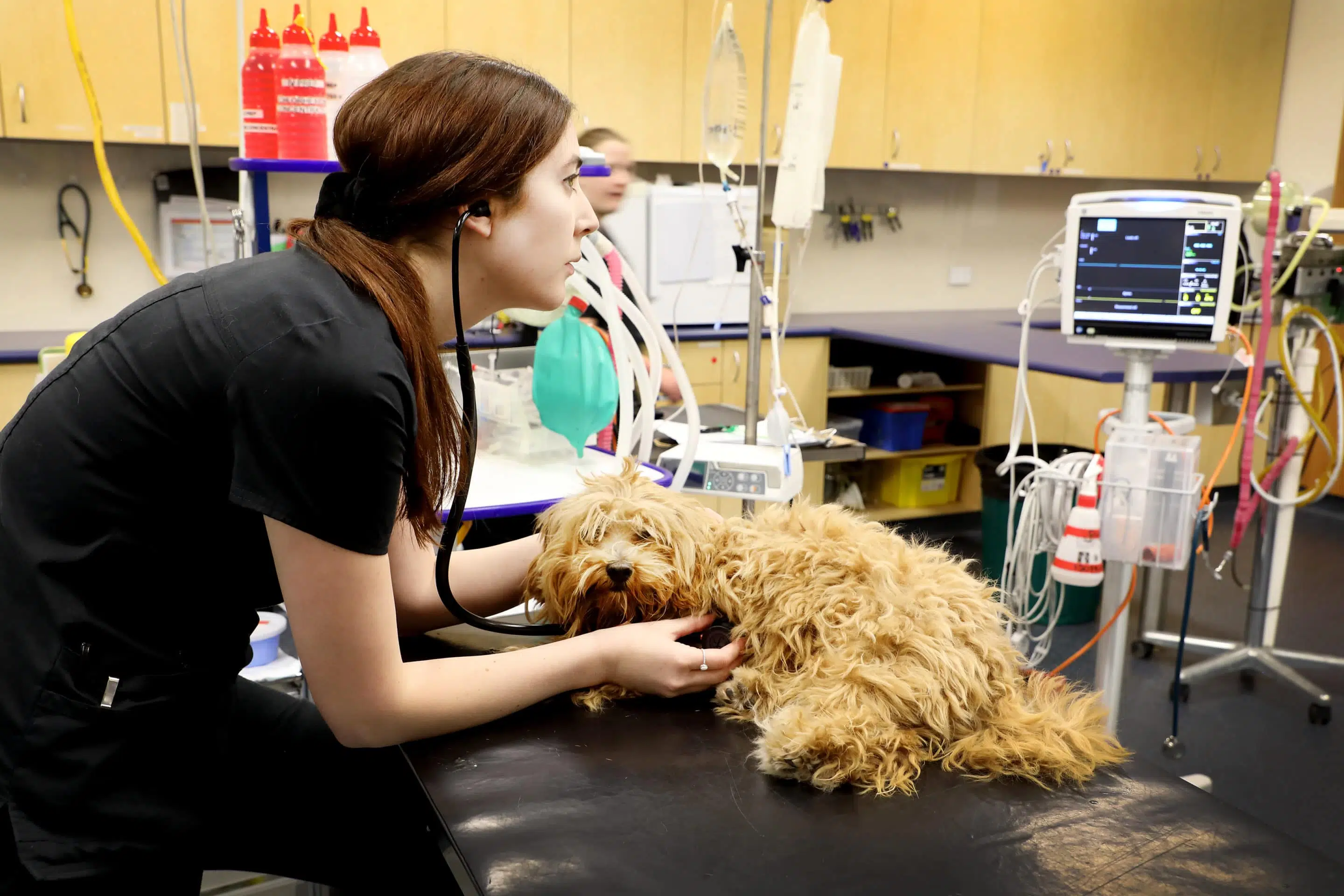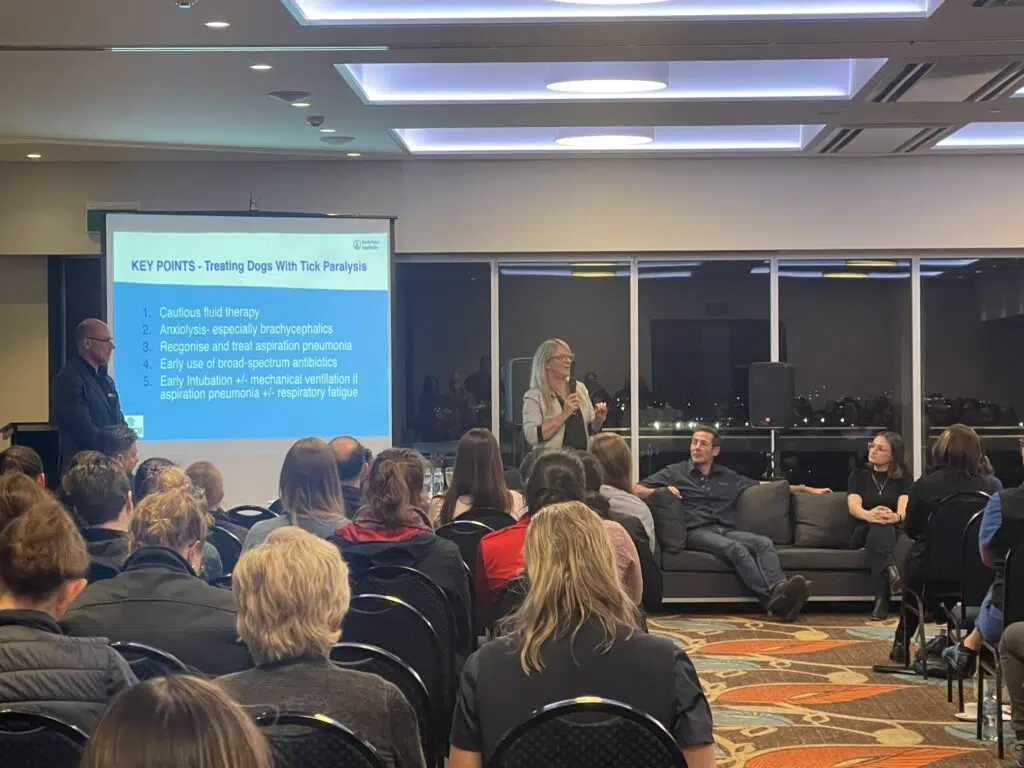Many emergency vet hospitals say they are committed to the wellbeing and professional development of their employees. However, this is fast becoming a throw-away line used to lure employees in without much evidence of delivering on their promises. In order to find out if this is actually the case, it’s important to consider which interview questions you can ask. These can be used in order to determine the true nature of a hospital and how they treat their veterinary teams.
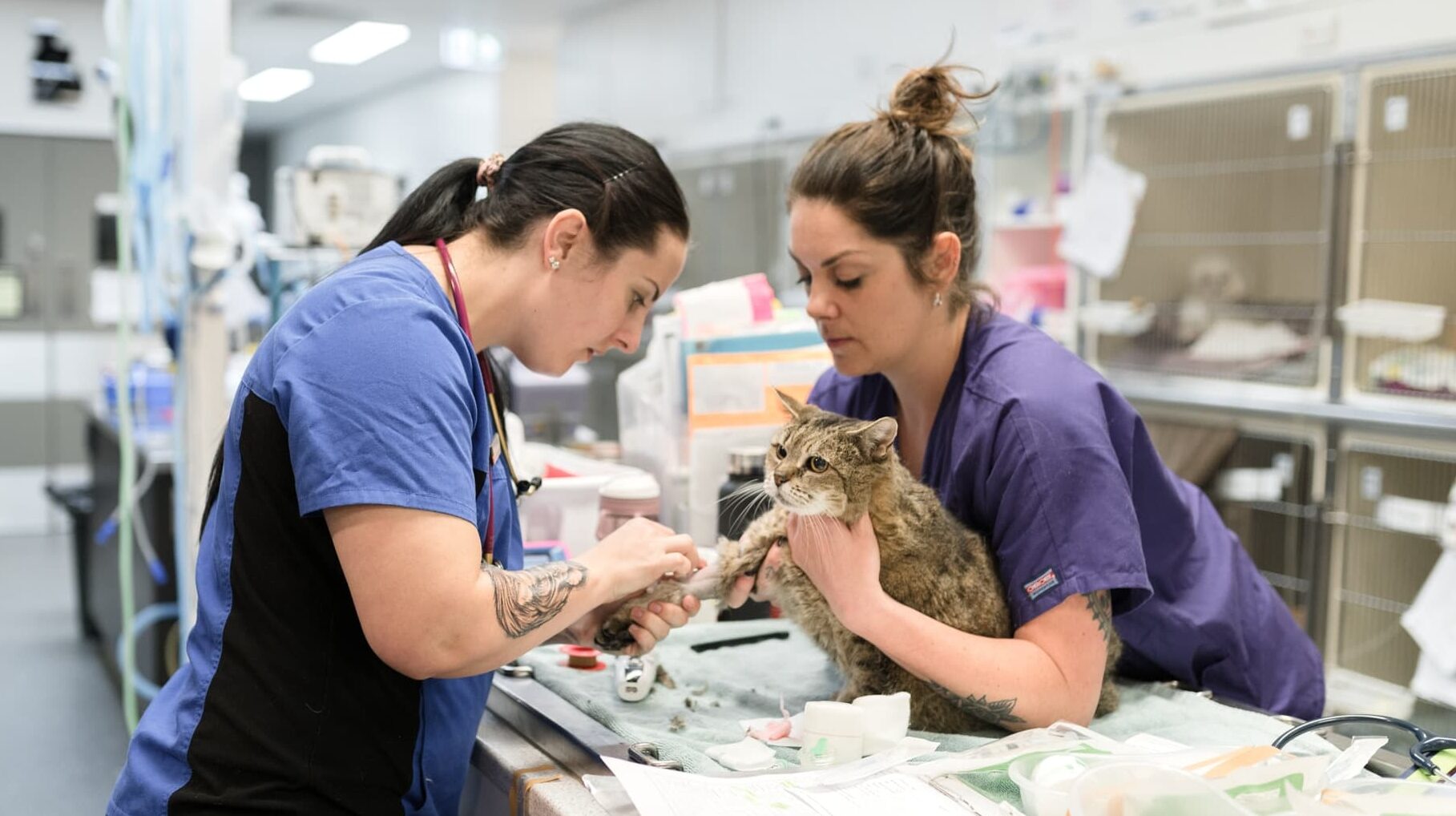
Three Interview Questions:
1. What well-being programs do you offer?
2. What professional development initiatives will I have access to?
3. What mentoring programs do you have in place?
So how can you tell a good employer from a not-so-great one before you even join the team? We’ve come up with three great interview questions you can ask potential employers:
- What mental health wellbeing programs do you offer your team members? Drill down and ask for specifics – get clear!
- What professional development initiatives will I have access to?
- What kind of mentoring programs do you have in place? How soon could I start?
So let’s get into it; how will these help you in your next role?
Mental health is not a destination; but a process. It’s about how you drive – not where you are going.
Noam Shpancer, PhD
Interview Questions #1: What mental health well-being programs do you offer your team members?
It’s no secret that the veterinary profession comes with its own shortcomings around mental health and well-being. Whether you’re in GP or emergency and critical care, veterinarians have been known to experience compassion fatigue, stress, dealing with challenging clients, and handling difficult conversations, to name a few.
Successful well-being programs focus on emotional intelligence and self-awareness, on top of technical skills. This allows emergency vets can focus on their personal growth and put their well-being first.
If you’re thinking ‘I’ve never considered that before when applying for a role!’, you would probably be surprised to learn that in a round-about way, you have. When applying for a role, candidates often think about how the role fits in with their lifestyle – and this would be no different. With global changes in employment due to the pandemic, employees are now asking interview questions like, ‘How does this role benefit my well-being?’.
Even before the interview stage, ask the employer for information about the programs they have in place to help employees manage their mental health. Find out if these programs are delivered internally by team members, or through external providers. These programs are usually designed to help emergency vets manage the stressors that come with the role, give tips and hints on how to successfully maintain relationships as a shift worker (both inside and outside of work), and help you feel part of a genuine, like-minded team. However it is offered, make sure it’s a program that suits your needs and helps you feel supported in your role.
A great employer will offer training programs to help you cope with managing stressful situations in clinic. Training will help you deal with difficult conversations, and guide you to become the best version of yourself. These types of programs promote positive well-being among team members, support and care at work, while also helping individuals maintain relationships outside of work.
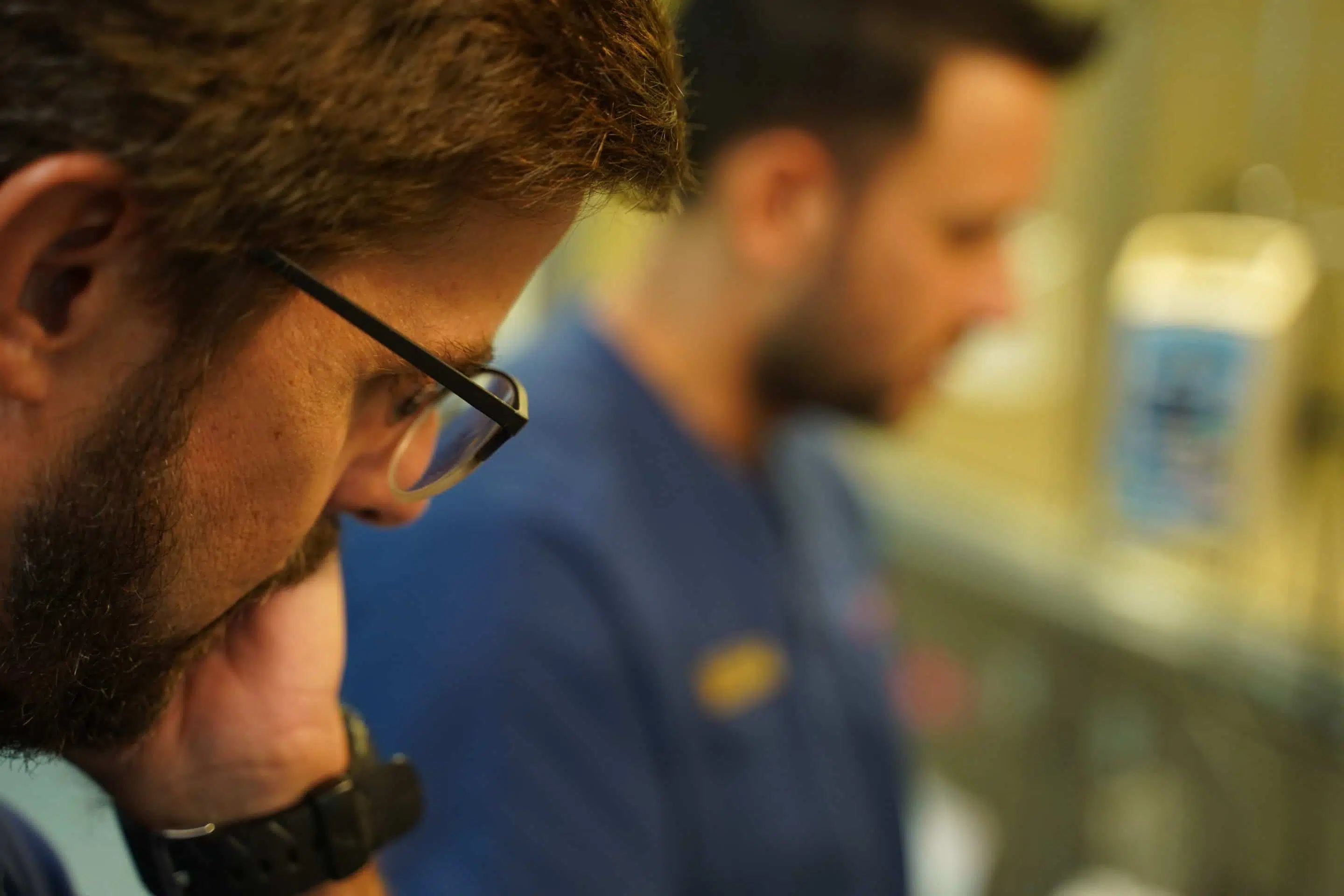
Interview Questions #2: What professional development initiatives will I have access to?
Professional development workshops should be designed for you to hit the ground running. To provide a level of comfort in your role, and bring you up to speed with working as an emergency veterinary professional. Asking interview questions focused on professional development will provide you with a solid understanding of how a hospital seeks to improve the skills of their team.
Begin by mapping out areas you think you could improve on in your professional development. Think of the challenges you face in your field; they could be technical, or even soft skills like talking to clients and improving relationships with your colleagues. Then, approach your prospective employer and ask about the opportunities available to broaden your skill set, which will help you grow and develop in your role as well as advance your career, if you so choose.
In addition to asking if these professional development workshops are available as part of your employment package, find out where they are held and who has developed the content. If training in this area is held through a third party company, you could do some research to find out whether they have experience in the veterinary training field.
It’s worth asking if they have examples of employees who have experienced change or growth in their professional development after taking one of these workshops. Or instead, try asking if you can attend one for yourself before you make the decision to join the team.
A truly great mentor is hard to find, difficult to part with, and impossible to forget.
Anon
Interview Questions #3: What kind of mentoring programs do you have in place? How soon could I start?
Veterinary mentorship programs offer emergency veterinarians the chance to work one-on-one with senior veterinarians and benefit from their experience. This is not only helpful for emergency veterinary professionals who want to advance their careers, but for those who are transitioning from working as a veterinarian in a daytime practice. Mentorships not only help ease the transition into new roles within an organisation but also provide valuable insights that are difficult to get elsewhere!
Think of the veterinary professionals you might look up to, whether they’re celebrities, social media influencers, or just really well-renowned and respected in their field, and look to join their team. Motivational speaker Jim Rohn famously said, “You are the average of the 5 people you spend the most time with.” Think about your 5 people. Who is in your circle? Who do you want to be in your circle? Recognise your gaps and take charge by learning from the most experienced in the profession.
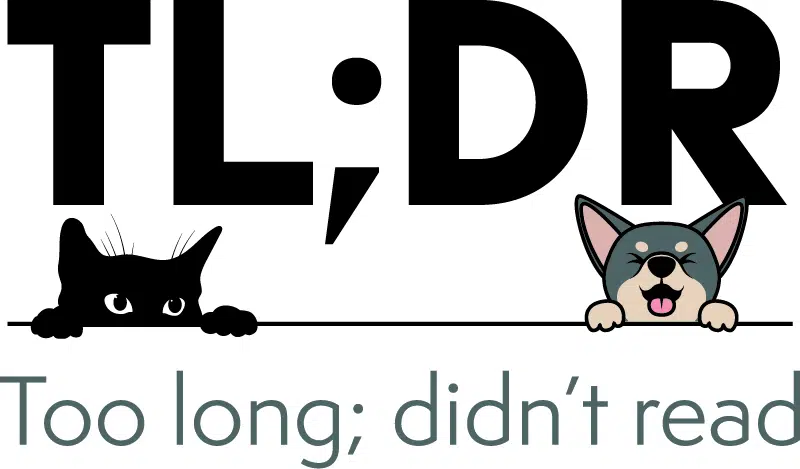
TL;DR (too long, didn’t read)
Investing time in asking your prospective employer questions about wellbeing, professional development, and mentorship programs can be the difference in accelerating your career, or staying stagnant within your next role. Ask your future employer interview questions about what wellbeing programs they have in place, how they will help you with your professional development, and whether they have mentors available to assist you.
To find out more about Animal Emergency Australia’s wellbeing, professional development, and mentoring programs, get in touch today and find out all about our Internship and Fast-Track Programs.

